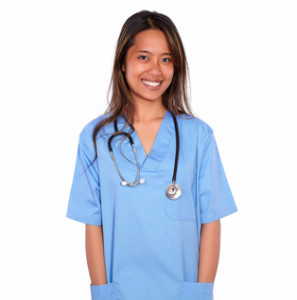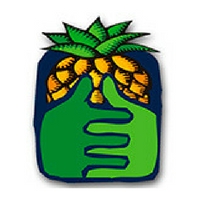
The Lāna‘i Community Health Center (LCHC) started providing health care services in September 2008. In a cozy, home-like setting the LCHC offers the community members of Lāna‘i a choice as to where one can seek health care services. The choice is not only one of location, though; it is also a choice in ‘model of care.’ LCHC utilizes both family nurse practitioners (FNPs) and doctors as providers giving you options for your care. It is this difference in provider types that offers our community a ‘model of care’ choice.
Family Nurse Practitioners practice independently — meaning they are trained, credentialed and able to practice without the supervision of an MD. The LCHC FNPs also have prescribing authority — which means they can prescribe medicines for our patients, just like an MD. Our FNPs are enrolled as providers with all common health insurers (i.e., Medicare, Medicaid, AlohaCare, OhanaCare, Quest, HMSA, etc.), and have obtained hospital admitting privileges at Lāna‘i Community Hospital.
But there is a difference between FNPs and MDs — the model of care: MD’s utilize a ‘medical model’ while the FNPs utilize a ‘nursing model.’ The ‘medical model’ emphasizes rational, logical, scientific ways of assessment. Though primary care specialties are more likely to emphasize getting to know the patient in a holistic way, the interpersonal complexities of patients’ lives often have relatively minor implications when determining a care plan. The ‘nursing model’ emphasizes viewing and understanding the importance and complexity of patients’ problems in relationship to the whole context of their lives. As caregivers, FNPs tend to spend much more time interviewing patients as they take histories and they emphasize education and fitting care procedures into the patient’s life context. As ‘caring’ has long been a central focus of nursing, the ‘nursing model’ goes beyond being nice and nurturing. The ‘nursing model’ sees ‘caring’ as a style of learning about a patient and giving assistance that involves a sensitivity to patients’ emotional needs, family living situations, and to the ways that patient health problems can be addressed in a way that fits smoothly into the patient’s lifestyle.
Studies show that FNPs are able to effectively treat at least 90% of all pediatric patients and 80% of all adult patients – with outcomes that are equal to or better than care provided by MDs. Studies have also shown that there is little or no difference in health status of patients seen by FNPs as compared to doctors. Additionally studies have shown that while more lab tests are ordered by the FNPs the cost is less, and that while the average number of visits is similar, there are fewer hospitalizations for patients seen by FNPs. Also, FNPs received higher scores on resolution of health problems, patient satisfaction, functional status and patient compliance.


